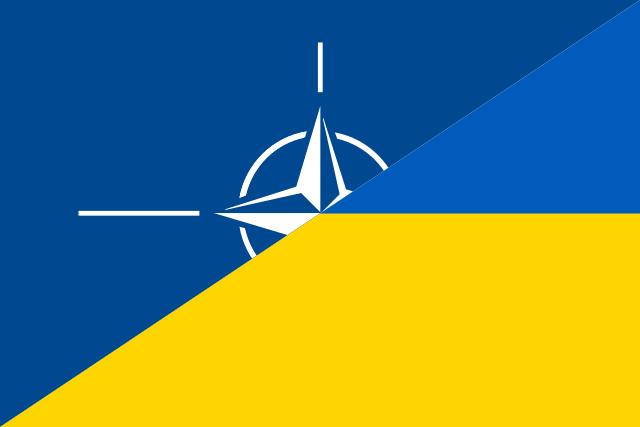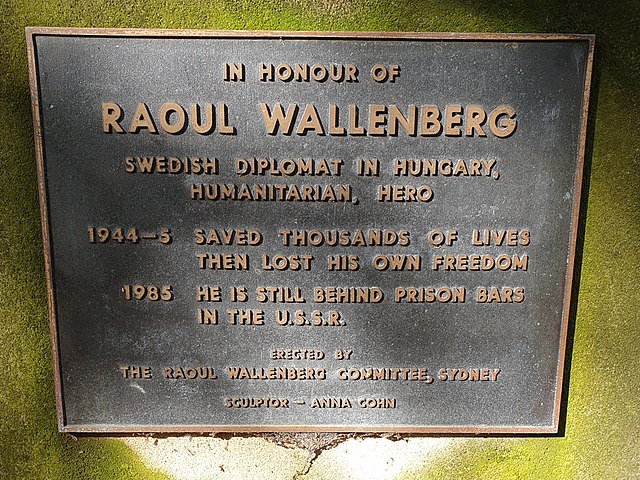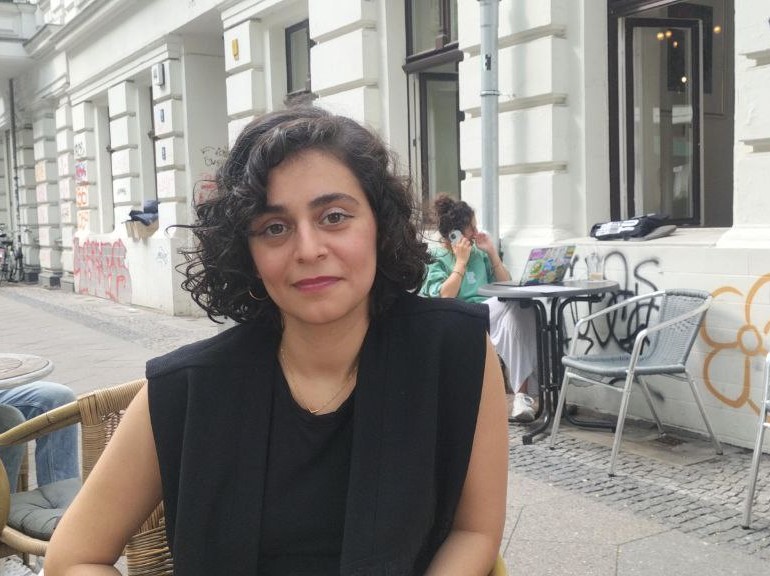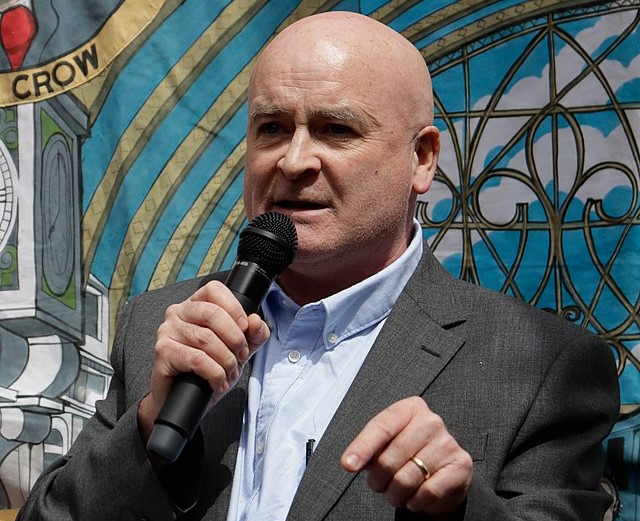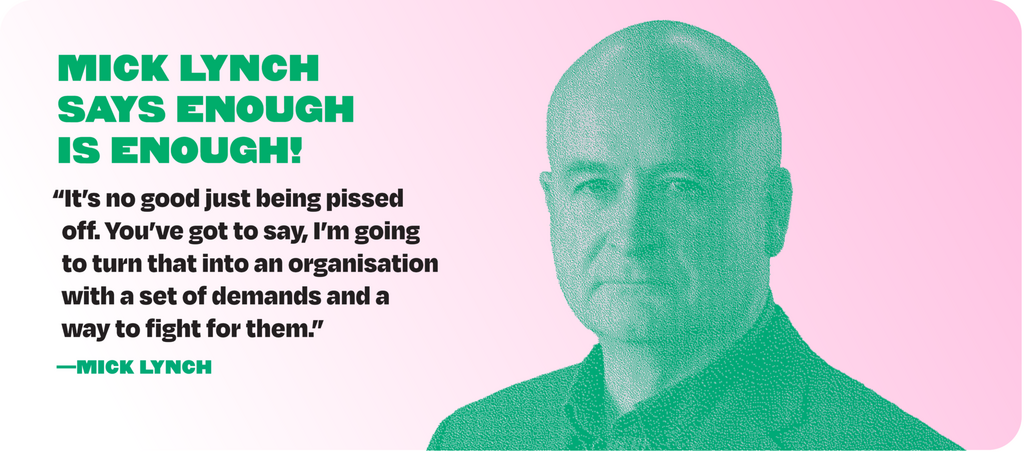Today’s radical left has long recognised only one foe, that which Ayatollah Khomeini aptly titled “The Great Satan” – namely the USA. Little attention was paid lately to about “The Lesser Satan” – or Russia. For over 30 years after the fall of the USSR, we only imagined a single imperialist actor on the world stage. But 179 days ago we were reminded of the presence of another imperialist contender with full force. For too many, memories of the World War I collaboration of Social Democratic parties and the labour movement linger. The depressing jingoism of Western Europe and the USA prevents us from assessing a moral and rational response to the situation. As useful as historical parallels are, when we face a situation with almost no convenient parallel, at least none that are readily accessible and understandable to a population at large, we face a most difficult intellectual challenge. Let us not be fazed.
Grudgingly, we must admit that the US and NATO allies were correct on several points, in a way their past record made impossible for a sceptical left to accept. Even the Ukrainian government struggled to accept US intelligence of an impending attack. Furthermore, NATO support to Ukraine in the form of training, intelligence, munitions and modern weaponry was decisive in helping overcome Russian numerical superiority. For context, the US has supplied one third of its stockpile of the iconic Javelin missiles that have been so effective in stopping Russian armour. NATO is training brigades of soldiers to use the latest military equipment that the US has to offer; in addition to training up an officer corps to lead the influx of new recruits being mobilised. Initially, we feared NATO intervention escalating in a spiral that would see a battle of the nations take place on Ukrainian soil, culminating in a nuclear device being deployed by a desperate Russia. Instead, NATO has shown restraint in comparison to the Russian army.
Some fear Ukraine will become the next Afghanistan as a hawkish Hilary Clinton suggested, cannon fodder for imperialist competition that will be abandoned immediately after. I find this to be revealing when leftists accept the words of a failed politician like her at face value. Afghanistan is a Muslim country, far outside the orbit of the West. It was left to rot precisely because it was, for all intents and purposes, a backwater whose instability posed no immediate trouble to Europe or the US. Leftists who think that Ukraine will be left to a group of far-right extremists in the Azov Battalion mould as her citizens are left to descend into a civil war on the doorstep of Europe, forget the material mechanics of racism.
That is not to say that an impoverished and traumatised Ukrainian population will be exempt from exploitation. But comparisons with Afghanistan are terribly counter-productive on multiple levels. Even if the risk of Ukraine becoming another Afghanistan after the war is invoked, it does not in any way delegitimise the validity of arming Ukrainians to defend themselves. If anything, this historical awareness gives the left the best point of entry into the debate.
The blueprint of a post-war Ukraine has already been laid out. As Peter Korotaev has argued in Jacobin, Ukraine’s economy is being suffocated by neoliberal dogmas in the midst of a war to defend its existence. International institutions are sowing the seeds for economic subjugation that will worsen the conditions that Putin sought to exploit in the first instance. Impoverished Ukrainians will be split into a reserve pool of labour into three tiers – highly educated labourers who work in Northern European economies, skilled manual workers supplementing central European economies like Poland and Hungary, and then those left in Ukraine who will supply the ultra-cheap labour to repay Ukraine’s post-war debts.
Ukrainian refugees are being let down by the UK government, face risks of human trafficking and sexual exploitation because of inconsistent provisions by governments happy to share arms but not give aid. In a sickening twist, Ukrainian refugees are treated as “perfect victims” and receive preferential treatment over refugees from countries like Syria. It is on these issues that the left can expose and resist the hypocrisy of the West. By defending the internationally enshrined rights of refugees, by fighting against any bifurcation of refugee status, and by launching a pre-emptive war to win the peace can the left can reclaim its position of moral leadership. But that project can never get in stride if we do not support the Ukrainian war effort militarily.
We fell into a moral trap at the start of this war where we let the presence of the far-right within Ukrainian politics hesitate from recognising Russian imperialism. We were focused on blaming NATO’s expansionary ambitions while failing to recognise the legitimacy the invasion has conferred on NATO in addition to the material misery the invasion has caused hundreds of millions of people in the Global South due to energy and subsequently food shortages. Javelin missiles and HIMARS rockets did not cause a food shortage, a naval blockade of Odessa did. This blindness is perhaps exemplified by the venerable Jeremy Corbyn, who wants peace but does not seem to have a plan for achieving it outside an idealistic framework of pacifism. Nothing in the Russian attack gives a hint of rationality or pragmatism, nothing in Putin’s statements nor in Medvedev’s suggests a desire for peace. Furthermore, Antifascist Europe has covered the influence of neo-Nazism within the Russian state extensively. It would follow therefore, that leftists should support an aggressive approach to rooting out the power of fascism within the Russian state.
This is not to offer a blank cheque as the German government has offered to the Bundeswehr. It does not mean advocating for troops to be sent to fight against Russia. But given the military imbalance, it should not be uncontroversial to say that Ukraine ought to be supported until every Russian soldier is expelled from Ukraine and this includes Crimea. People may balk at this suggestion but it is no different to demanding, rightly, that Israeli settlers give up their stolen Palestinian lands. As unrealistic as it sounds, and acknowledging the total lack of solidarity shown by Ukraine towards Palestine, the principles of national sovereignty obliges us to support these ambitions. Just as Palestinians need not be perfect victims for us to defend them against imperialism, as for Ukrainians.
Irrespective of military support in the present, we do not need to concede a permanent rearmament in Europe for the next decade at the expense of social spending and refugee rights. The left’s political support for a Ukrainian military victory should be tied to a commitment to upholding international conventions on refugee rights and adequate social spending, on an equal priority basis to any jingoistic ambitions concocted by the establishment.
If a ravaged Ukraine, a poorer Europe, and a hungrier Global South is allowed to be the outcome of Ukrainian military success, then victory against the Russian Army will be Pyrrhic. If the left organises solely against NATO and US militarism, it will leave its most important flank unguarded. A permanent stalemate with a Russian occupied Donbas will entrench the militarism of NATO for decades and make it politically impossible to prioritise the primary concerns of the left. It is on this basis of winning the peace and supporting the fundamental right of a people to defend themselves, that I have shifted towards strictly enabling military support that facilitates the Ukrainian army’s effort to liberate the Donbas and Crimea.
This article is intended to provoke a debate and does not necessarily reflect the views of theleftberlin editorial board. If you would like to respond to the article, please contact us on team@theleftberlin.com
